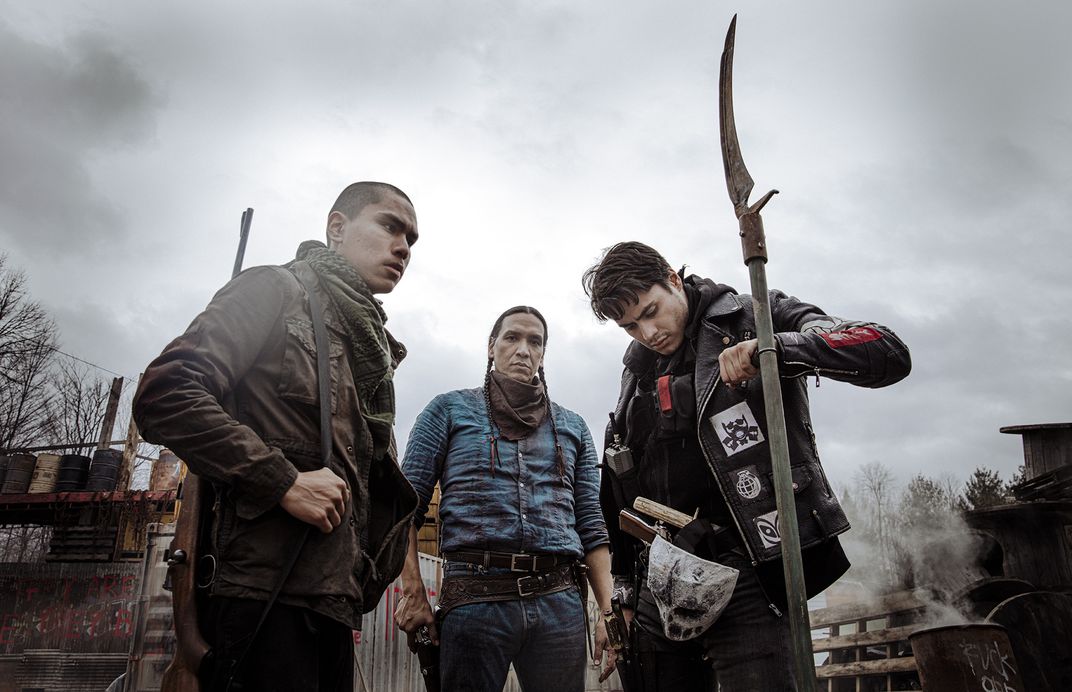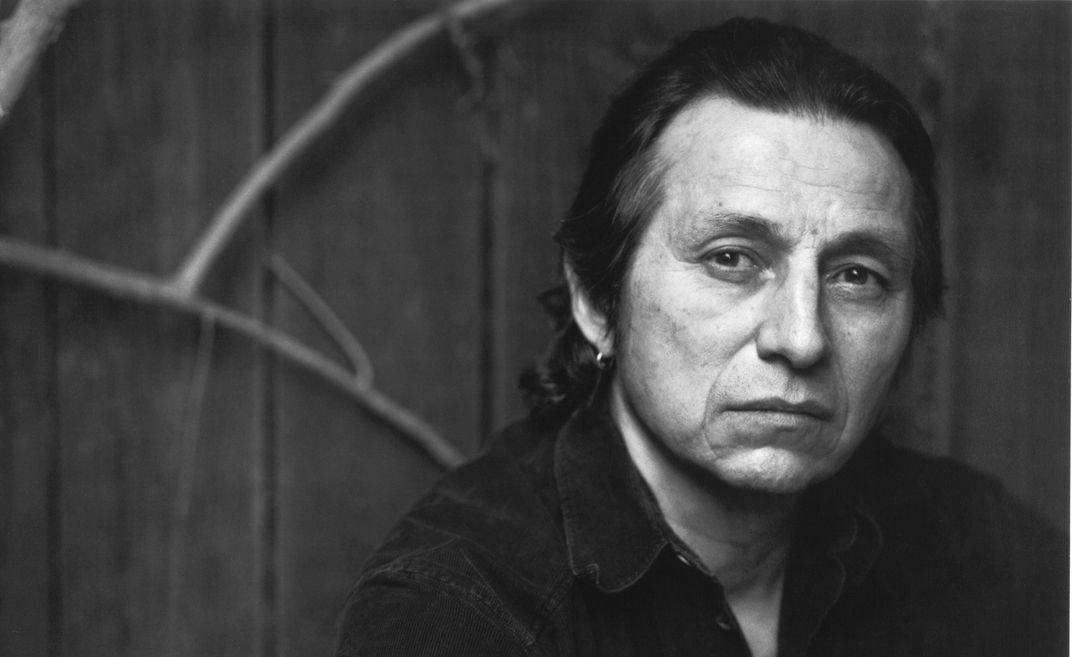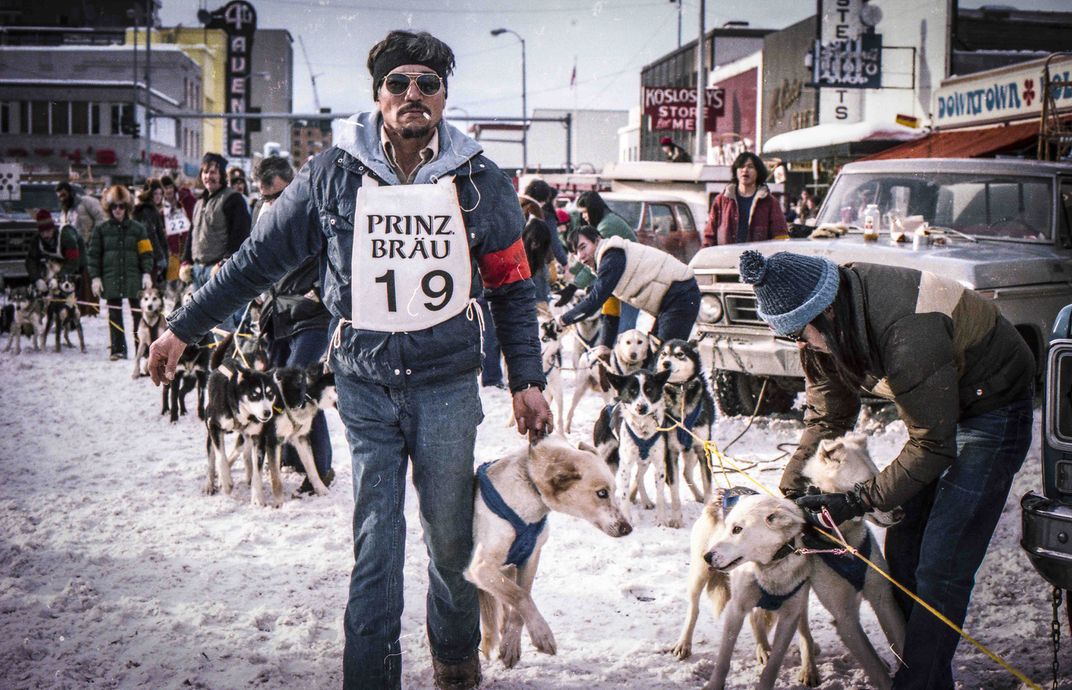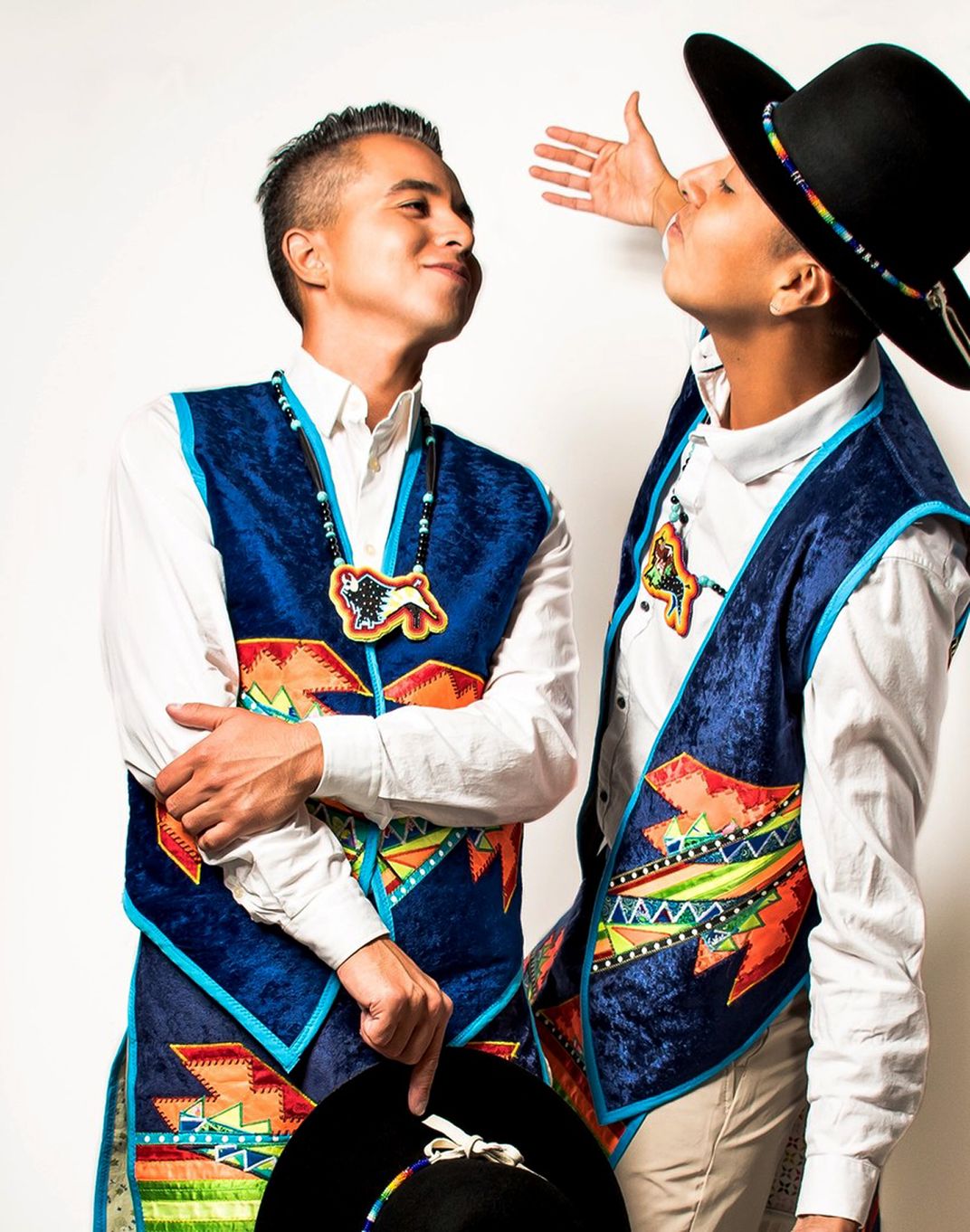NATIONAL MUSEUM OF THE AMERICAN INDIAN
Films for Fans of All Kinds from the Museum’s Native Cinema Showcase 2020, This Year Screening Online
For the last 20 years, the National Museum of the American Indian’s annual film festival has provided a venue for Native filmmakers who are telling their own stories in their own voices and using the medium as a catalyst for change. This year, from November 18 through 27, the museum presents Native Cinema Showcase entirely online, with many of the selections available to viewers around the world. Here, the museum’s New York film programmer highlights showcase films for every audience.
:focal(900x382:901x383)/https://tf-cmsv2-smithsonianmag-media.s3.amazonaws.com/blogging/featured/Conscience_Point_copy.jpg)
Native Cinema Showcase celebrates its 20th anniversary this year. Since its launching in 2000 at SWAIA’s Santa Fe Indian Market, the festival has featured an array of films from Indigenous communities across the Western Hemisphere. Much has changed during these 20 years in cinema, but one thing remains steadfast in Indian Country: Native filmmakers are using the medium as a catalyst to create change by telling their own stories in their own voices.
From November 18 through 27, the National Museum of the American Indian brings the showcase to an online audience. For the first five days of the festival—through November 22—a new set of films will go live each day. After each film debuts, most will be available on demand for five days, and many will be available to view anywhere in the world. Here are just a few of the films to watch at Native Cinema Showcase this year.
If you’re an environmentalist or want to know more about land rights
Conscience Point, the festival’s opening night feature, looks at the history of the Shinnecock Nation and its relationship with the Hamptons communities on Long Island. The film reveals the economic disparity of the area and injustices experienced by the original inhabitants of that land. The Shinnecock people’s continued fight to protect their land and protagonist Becky Hill-Genia will have you riveted from start to finish.
Angry Inuk is one of our favorite picks from years past. Inuk director Alethea Arnaquq-Baril narrates the film with passion and humor as she exposes the truth of anti-hunting campaigns. Her film provides a platform for people the animal activists rarely meet: The hunters, craftspeople, and families for whom the seal hunt is a critical part of their livelihood and survival. Get angry and get educated.

If you’re into dystopian, zombie, horror, or chainsaw movies
Directed by Jeff Barnaby (Mi'qmaq), Blood Quantum features an all-star Native cast that includes Michael Greyeyes, Elle-Máijá Tailfeathers, Forrest Goodluck, and Kiowa Gordon. The film begins with the premise that a zombie virus devastates Earth’s population, with the exception of the Mi'qmaq community of Red Crow. A first-of-its-kind zombie thriller that brings guts and social commentary to the forefront. Please note: Blood Quantum is presented as a one-time screening, restricted to audiences in the United States; register at the link above..
Zombie film/hip-hop musical Savage and ?E?anx/The Cave, a sci-fi story in the Tsilhqot'in language, are presented in Retrospective Showcase Shorts 1. In the Our Stories Shorts program, take a look at Kakatshat. Grandma’s dead…. Or is she? In Retrospective Shorts 2, Manna, set in Belize, tells the story of the lone resident of a small island who finds an unexpected package, and in Sikumi/On the Ice, set in the Arctic, a hunter becomes a witness to a killing.

If it’s important to you to stand against social injustice
Trudell, directed by Heather Rae, follows the extraordinary life of Native American poet and activist John Trudell (Santee Sioux Nation), from his impoverished childhood in Omaha, Nebraska, to his leadership of the American Indian Movement (AIM) and his importance as an acclaimed musician and spoken-word poet. The footage is extraordinary, and if you didn’t know John Trudell before, you’ll be grateful for this introduction.
nîpawistamâsowin: We Will Stand Up, a gut-wrenching documentary by Cree director Tasha Hubbard, follows the aftermath of the death of Colten Boushie, a young Cree man. The film has captured international attention and raised disturbing questions about racism in Canada’s legal system. Sisters Rising makes an urgent call to action to end violence against Indigenous women in the United States.

If you’d just like to watch some films with your family
The showcase’s Arctic Program includes two shorts and the documentary feature ATTLA. Be inspired by the story of George Attla, a little-known Alaska Native dogsled racer who, with one good leg and fierce determination, became a legendary sports hero. The Future Focused Shorts program presents films for all ages. Watch for a talking horse, superheroes, and a flying hoverboard.

Something for everyone in our short film programs
This year we have four incredibly diverse shorts programs with films from around the world. Some highlight classics from our previous showcases, and others are new. It’s a great mix for anyone interested in seeing what’s out there. We have music videos, strong female protagonists, a two-spirit powwow dancing couple rewriting the rules, an ancient courting dance that includes pulling the belt, poetry, animation, Native veterans, and a young man who starts a midnight running club to honor the life of a friend. Plus one tough Nana who has everything under control.
Native Cinema Showcase is made possible by the support provided by the Academy of Motion Picture Arts and Sciences. Generous support provided in part by the New York State Council on the Arts with the support of Governor Andrew M. Cuomo and the New York State Legislature, the New York City Mayor’s Office of Media and Entertainment, and The Walt Disney Company.
Cynthia Benitez is a film curator specializing in Native and Indigenous film. She is currently the film programmer for the Smithsonian’s National Museum of the American Indian in New York City.
